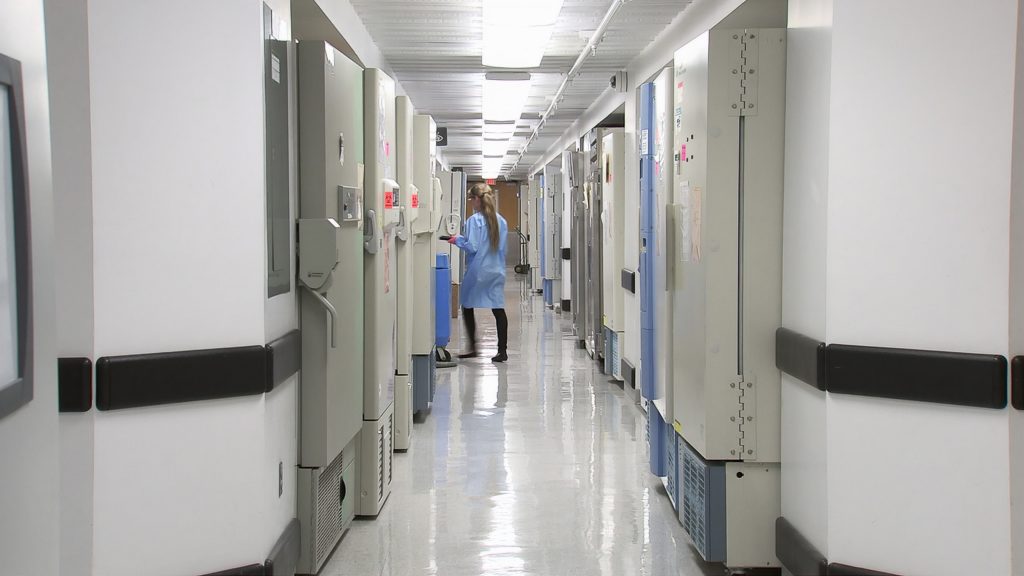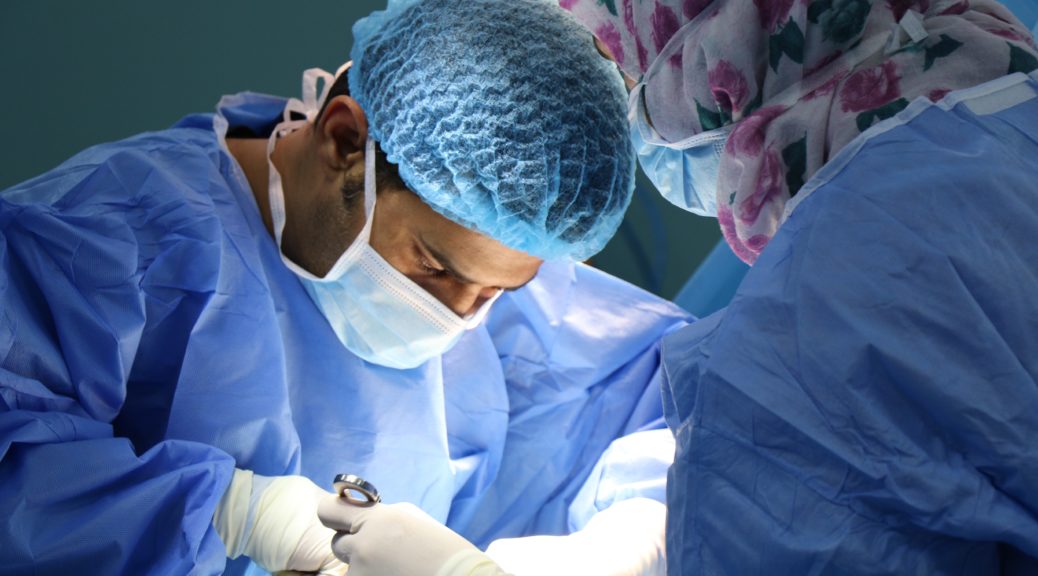By Richard Petrosyan
Edited by Natalie Grace Sipula
[3 minute read]
If you ask anybody in the world of medicine what they think is the intersection between science and popular entertainment, Grey’s Anatomy emerges as one of the most widespread household names in the category of medical shows. From never-ending social drama to surgery-induced emotional roller coasters, every episode I watch is filled with suspense. The show perpetually keeps me on edge, and as a student on the pre-med track I like to watch the show to see which aspects are realistic and which ones might not be.

The first commonality I found between the series and my experiences is the heightened level of stress in the atmosphere of operation rooms and emergency rooms. While shadowing doctors, I have encountered patients in many different critical conditions, from burns to cardiac conditions to neurological trauma. In the series, like in real life, the characters exhibit traits which are necessary for doctors to perform their jobs well in a high-stress environment, like the ability to think straight and quickly despite time constraints and the distractions and noise surrounding the doctor. Although I was only an observer in a hospital environment, I felt the importance of paying close attention to every small detail in the situation and being able to juggle them. I knew if I wished to take on that lead physician’s role in the years to come, I would have to begin practicing that level of close attentiveness early on. What caused the trauma? How do I formulate the patient update to the family without causing them to worry unnecessarily? What’s the best course of action when discovering a new impactful injury while treating the initial injury? I’ve started thinking about all of these things while still being in the observer’s position, both in front of the TV screen and physically in the hospital. To me, these considerations are part of the preparation required for what promises to be an exhausting, yet fulfilling, career.


